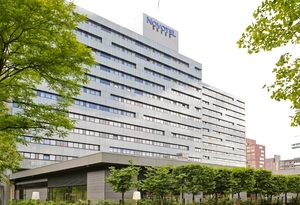Course structure
Session 1: Fundamentals of Refining
Part 1: Refinery technical configuration and operations
Part 2: Refinery economics and margin optimization
Session 2: Energy Transition
Part 1: Fundamentals
-What is the definition and scope of Energy Transition?
-What are the drivers (e.g. ESG)?
Part 2: Commercial Outlook
-What is the industry response (e.g. electric vehicles, hydrogen economy, crude-oil-to-chemicals, etc.)?
-What is the outlook, short, medium, and long term?
Session 3: Refining petrochemical interface/integration
Part 1: Refined products as petrochemical feedstocks
-Olefins and Aromatics
-Regional balances and outlooks
Part 2: Process Technology as a function of the percent of chemical feedstocks (a.k.a. Crude-Oil-to-Chemicals)
Session 4: Refinery Flexibility: What can refiners do with the configuration that they have to optimize/shift yields without making a major capital investment?
Part 1: To increase the percent of the barrel to chemical feedstocks (COTC)
Part 2: Bio-conversion is to include both co-processing of bio-feedstocks and full bio-conversions
Session 5: Greener Refineries: Environmental Impact Overview
Part 1: Quantification of Greenhouse Gases (GHGs)
Part 2: Use Greener power and hydrogen
Session 6: Refineries of the Future: Aspirational Design to Net Zero
Part 1: Profile of refiner’s aspirational designs and technical approaches to net-zero designs
Part 2: Quantitative impact on a world-scale refinery carbon footprint of various technical configurations and product slate considerations (e.g. inclusion of the bio-diesel, chemical decarbonization, products, renewable power generation, and/or plastics recycling via chemical pyrolysis, etc.)







Get the latest event updates and news from S&P Global Platts.